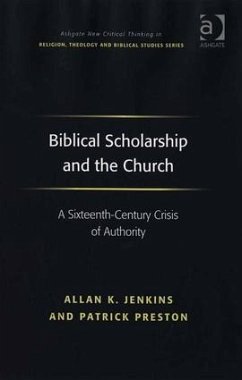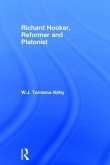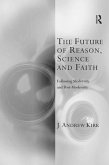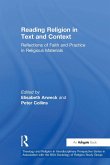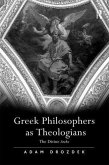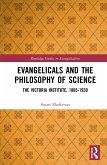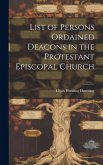This book traces how the authority of the Septuagint and later that of the Vulgate was called into question by the return to the original languages of scripture, and how linguistic scholarship was seen to pose a challenge to the authority of the teaching and tradition of the church. It shows how issues that remained unresolved in the early church re-emerged in first half of the sixteenth century with the publication of Erasmus' Greek-Latin New Testament of 1516. After examining the differences between Erasmus and his critics, the authors contrast the situation in England, where Reformation issues were dominant, and Italy, where the authority of Rome was never in question. Focusing particularly on the dispute between Thomas More and William Tyndale in England, and between Ambrosius Catharinus and Cardinal Cajetan in Italy, this book brings together perspectives from biblical studies and church history and provides access to texts not previously translated into English.

